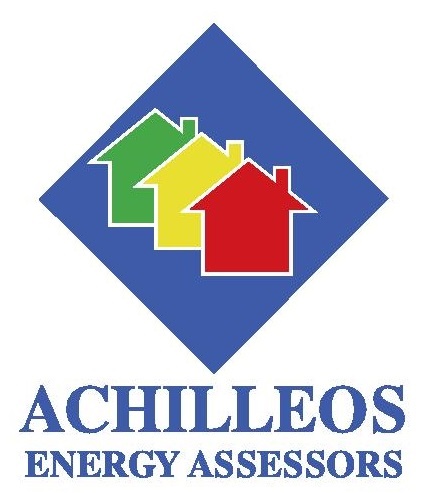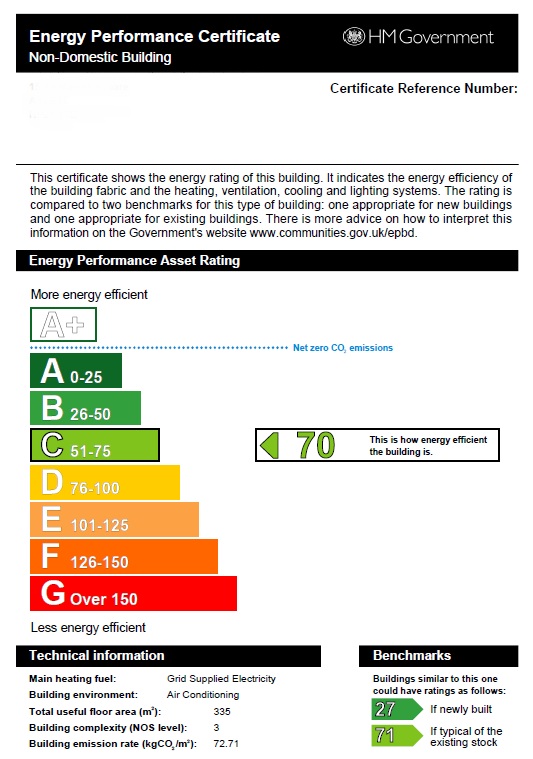


From 1st October 2008, all non-domestic buildings on construction, sale and rent will require a Non-Domestic Energy Performance Certificate (NDEPC) and a Recommendation Report (RR). This information will help owners and occupiers make their building more energy efficient and allow potential buyers and tenants to compare the energy performance of different buildings. This is being phased in from 6th April 2008 for buildings with a floor area of > 10000m². In July 2008, this will extend to buildings with a floor area of > 2500m².
By October 2008, all larger public buildings will require an annual Display Energy Certificate (DEC) highlighting their energy performance. This is to be displayed prominently in a place visible to the public. These buildings will also require an Advisory Report (AR) providing recommendations for energy improvements each seven years.
Air conditioning systems first put into service on or after 1st January 2008 require an air conditioning inspection every five years from the date on which the system was first put into service.
For systems with an effective rated output of more than 250kW put into service before 1st January 2008, an air conditioning inspection is required by 4th January 2009, and every five years thereafter.